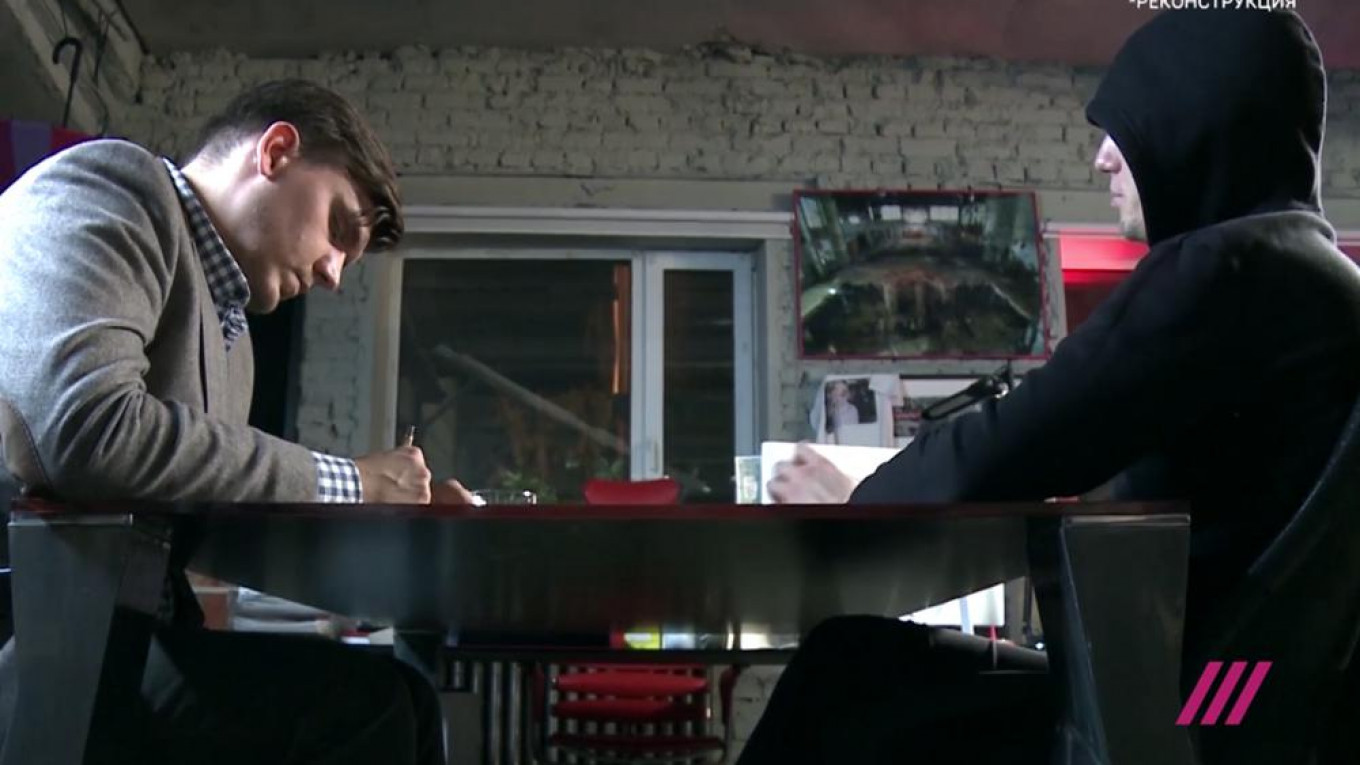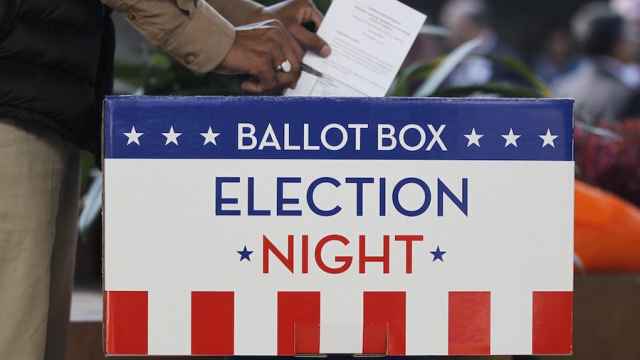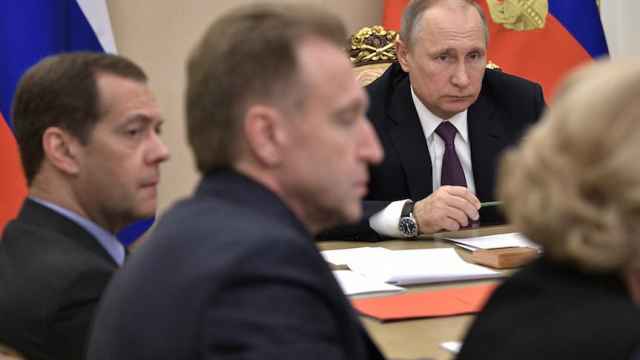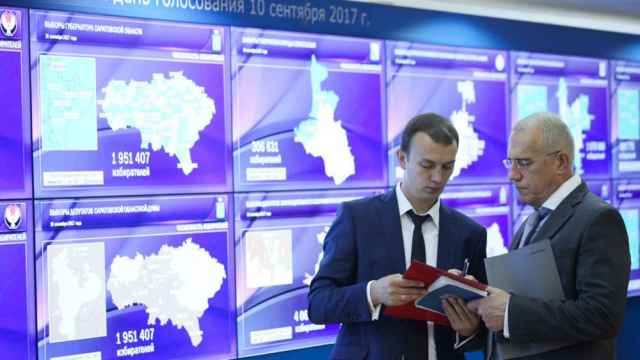A reported former employee of the notorious “Kremlin troll factory” has said workers were instructed to provoke disorder ahead of U.S. presidential elections last year.
U.S. Congressional committees are investigating several thousands of ads of Russian origin on Facebook and Twitter which are believed to have attempted to stoke racial and political tensions during the electoral campaign.
Maxim, a former employee of the St. Petersburg-based Internet Research Agency, told the Dozhd independent television station that he had worked there for 18 months until early 2015.
He said that prospective workers were carefully vetted and submitted to questioning about their attitudes toward Dozhd and opposition leader Alexei Navalny.
Maxim said that the effort to influence foreigners was more sophisticated than the tactics used at home. Instead of crude slogans like "Obama is a monkey and Putin is great," workers were issued a strategy manual on issues like taxes, LGBT issues and guns in order to intervene in debates on news sites.
Employees were also given a list of news outlets such as The New York Times and the Washington Post and instructed to "get into an argument in order to inflame it, and rock the boat,” playing on religious sentiments against gays, for example.
The trolls were told not to raise Russia or Putin, since Americans don't usually talk about them, but to provoke disorder.
They were told to say "everything was always bad" about U.S. presidential candidate Hillary Clinton and to put her down by referencing “her leaked emails, the fact that she's wealthy."
"The main message is: aren't you tired, brother Americans, of the Clintons, how long have they been around?” the instructions said, according to Maxim.
The trolls were also ordered to watch the hit series "House of Cards" in English and had English lessons to correct their grammar.
A Message from The Moscow Times:
Dear readers,
We are facing unprecedented challenges. Russia's Prosecutor General's Office has designated The Moscow Times as an "undesirable" organization, criminalizing our work and putting our staff at risk of prosecution. This follows our earlier unjust labeling as a "foreign agent."
These actions are direct attempts to silence independent journalism in Russia. The authorities claim our work "discredits the decisions of the Russian leadership." We see things differently: we strive to provide accurate, unbiased reporting on Russia.
We, the journalists of The Moscow Times, refuse to be silenced. But to continue our work, we need your help.
Your support, no matter how small, makes a world of difference. If you can, please support us monthly starting from just $2. It's quick to set up, and every contribution makes a significant impact.
By supporting The Moscow Times, you're defending open, independent journalism in the face of repression. Thank you for standing with us.
Remind me later.






